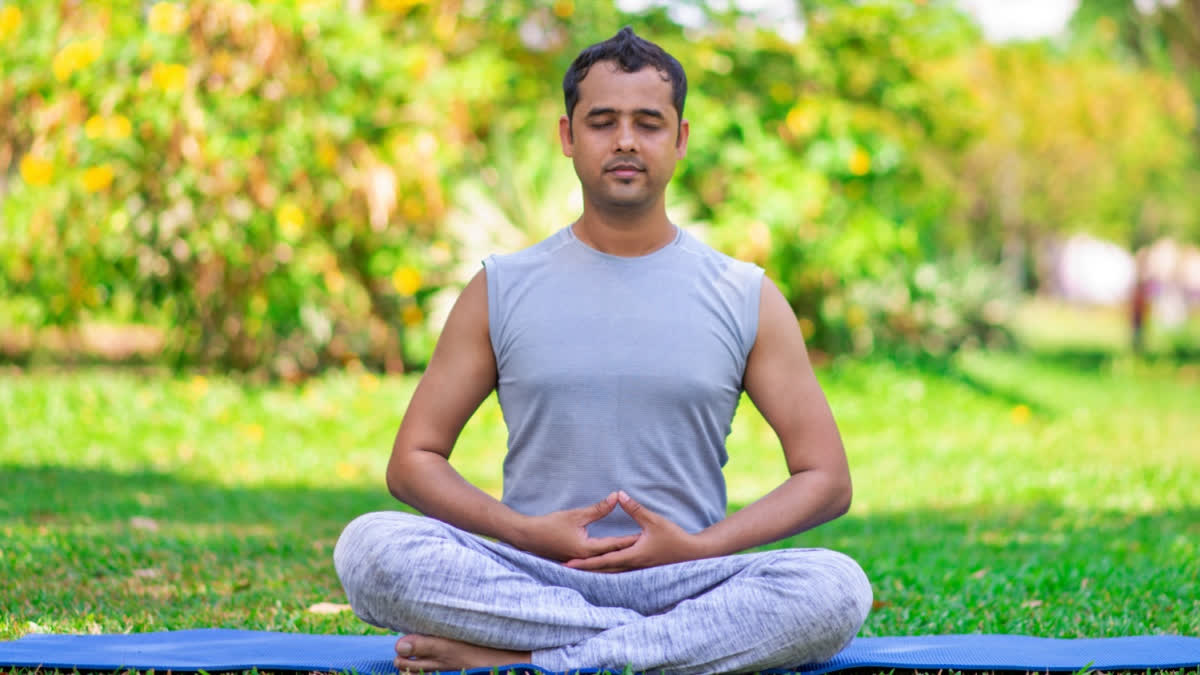Meditation is a timeless tradition rooted in ancient wisdom, often misunderstood as merely a way to calm the mind. In truth, it is a journey inward.
As Himalayan Siddhaa Akshar, Founder of Akshar Yoga Kendraa, puts it: “Meditation should be learnt from an expert so that one may understand the correct method, structure and system to it. But for beginners, you can start by finding a quiet space and sitting comfortably… Close your eyes and focus on your breath, noticing how it feels as you inhale and exhale naturally.”
What Is World Meditation Day?
Observed annually on May 21, it is a global celebration of the practice of meditation and its transformative impact on mental, physical and spiritual well-being. This day encourages people from all walks of life to pause, reflect and embrace the benefits of mindfulness and stillness. With stress and mental health challenges on the rise, World Meditation Day is a welcome pause for carving out time for inner peace and self-care.
Why Meditation Is Good For Health
Meditation is a scientifically proven method to improve overall well-being. The act of meditating calms the nervous system, reducing levels of stress hormones like cortisol and adrenaline. This, in turn, lowers blood pressure, improves heart health, and boosts the immune system.
Additionally, meditation fosters neuroplasticity (the brain’s ability to rewire itself). Regular practice enhances focus, memory, and emotional regulation by strengthening connections in the prefrontal cortex (responsible for decision-making) and calming the amygdala (the brain’s fear centre).
Meditation aids in pain management, improves sleep quality, and fosters physical relaxation. It also supports healthy digestion by calming the parasympathetic nervous system.
Regular practice reduces anxiety, depression, and negative thought patterns. It enhances clarity, creativity, and problem-solving skills, making it a valuable tool in today’s fast-paced world.
Beyond the physical and mental benefits, meditation connects you with your inner self. It encourages mindfulness, gratitude, and a sense of purpose, allowing you to live more authentically.
Broad Categories Of Meditation
If you want to practice meditation regularly but are confused about where to begin, here are a few universal forms to explore:
Mindfulness Meditation
Rooted in Buddhist traditions, this form involves focusing on the present moment. Himalayan Siddhaa Akshar’s advice to concentrate on your breath is a great starting point for mindfulness meditation.
